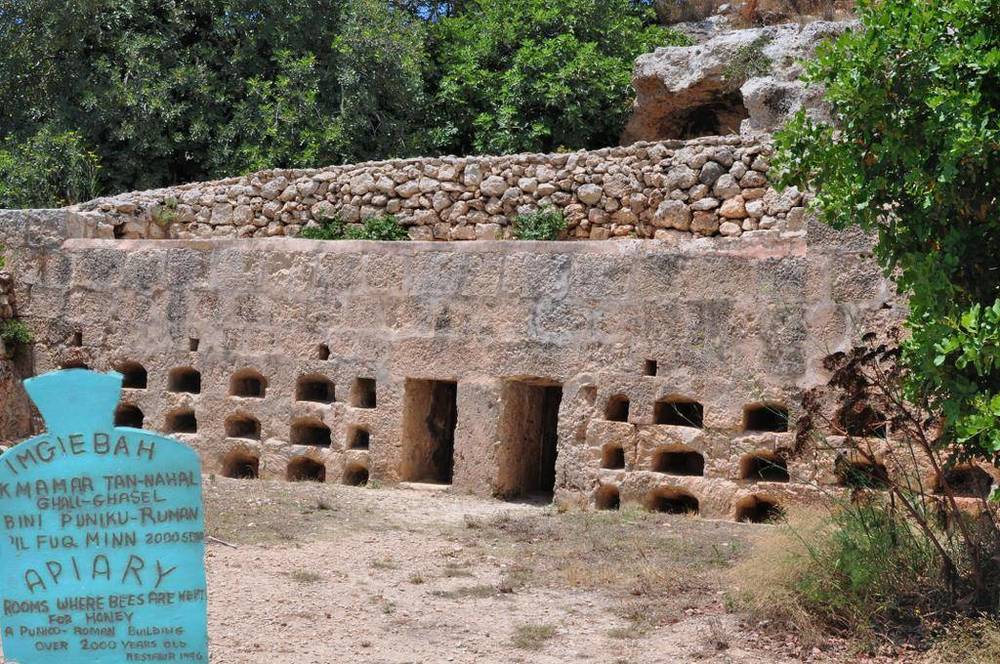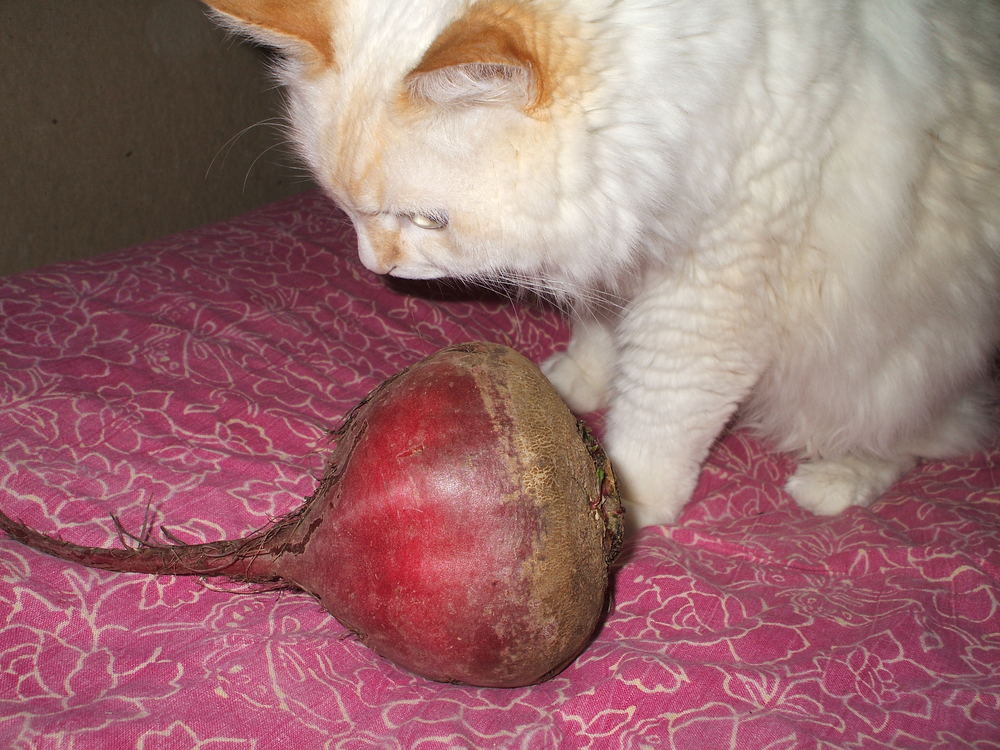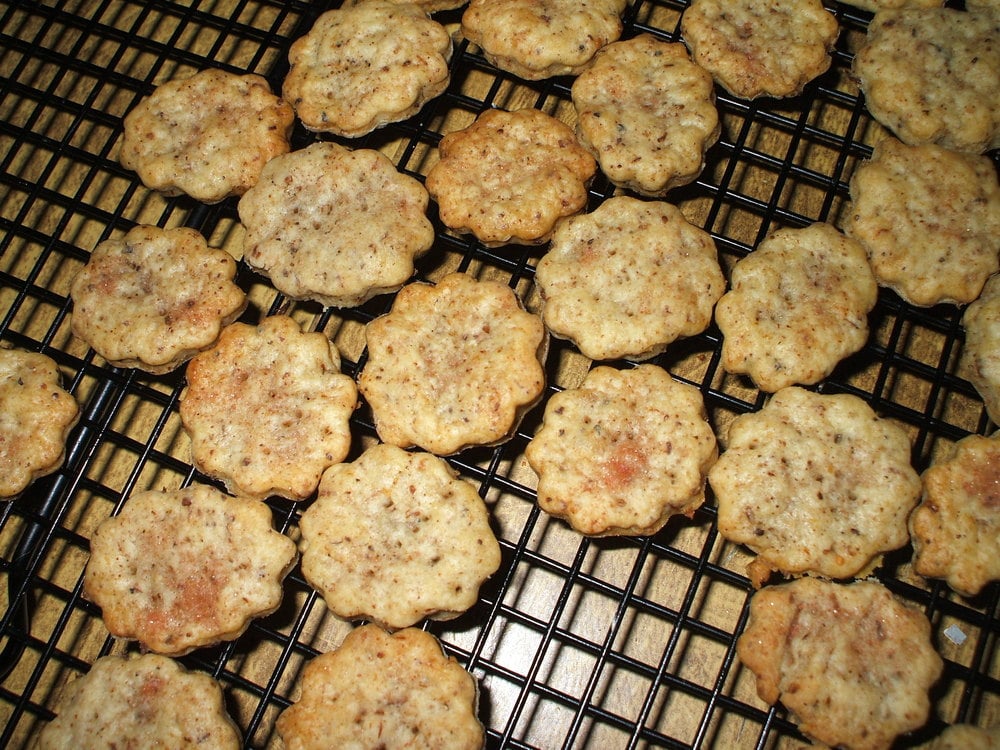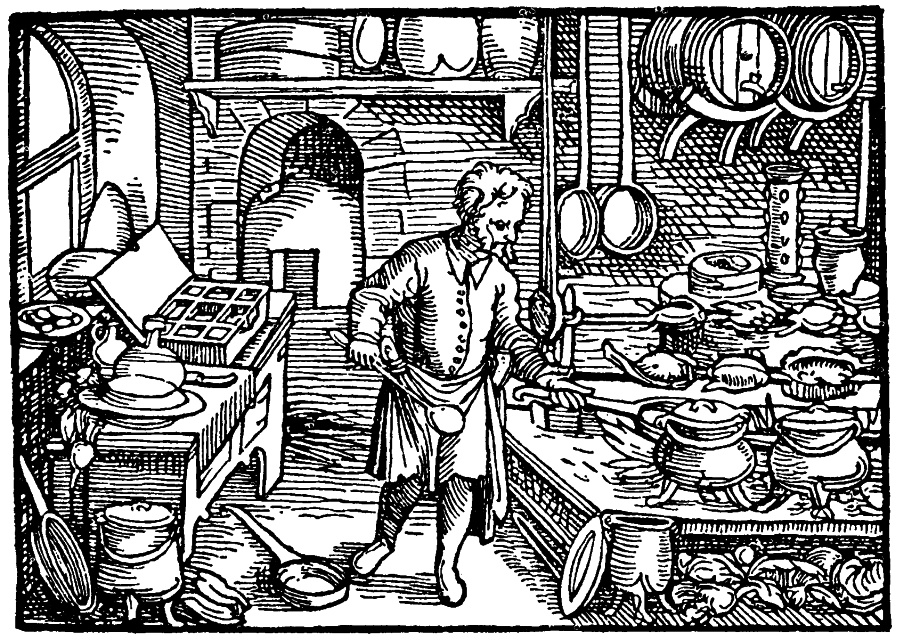
Back in 1987, archaeologists discovered a treasure trove in a floor drain of the Roman Forum. This "treasure" was 86 loose teeth, all intact but with cavities in various stages. Three decades later, they've finally determined that they were all extracted by a highly skilled dentist of the time. Also of interest, up in England, researchers have pinpointed the advanced stages of dental decay in a young Roman toddler, to excessive consumption of honey.
Medicine was quite advanced in Ancient Greece and Rome. Surgeons regularly practiced lobotomies, Caesarean sections (didn't you ever wonder where that name came from?) and amputations, and were the inventors of tools such as forceps, catheters, scalpels and bone drills. Along with all of this fancy "technology" the Romans also relied heavily on herbs and the beneficial properties of food. Pliny writes (in addition to telling us how bees manage their colonies) that honey is good for afflictions of the mouth, pneumonia, pleurisy and snake bites.



